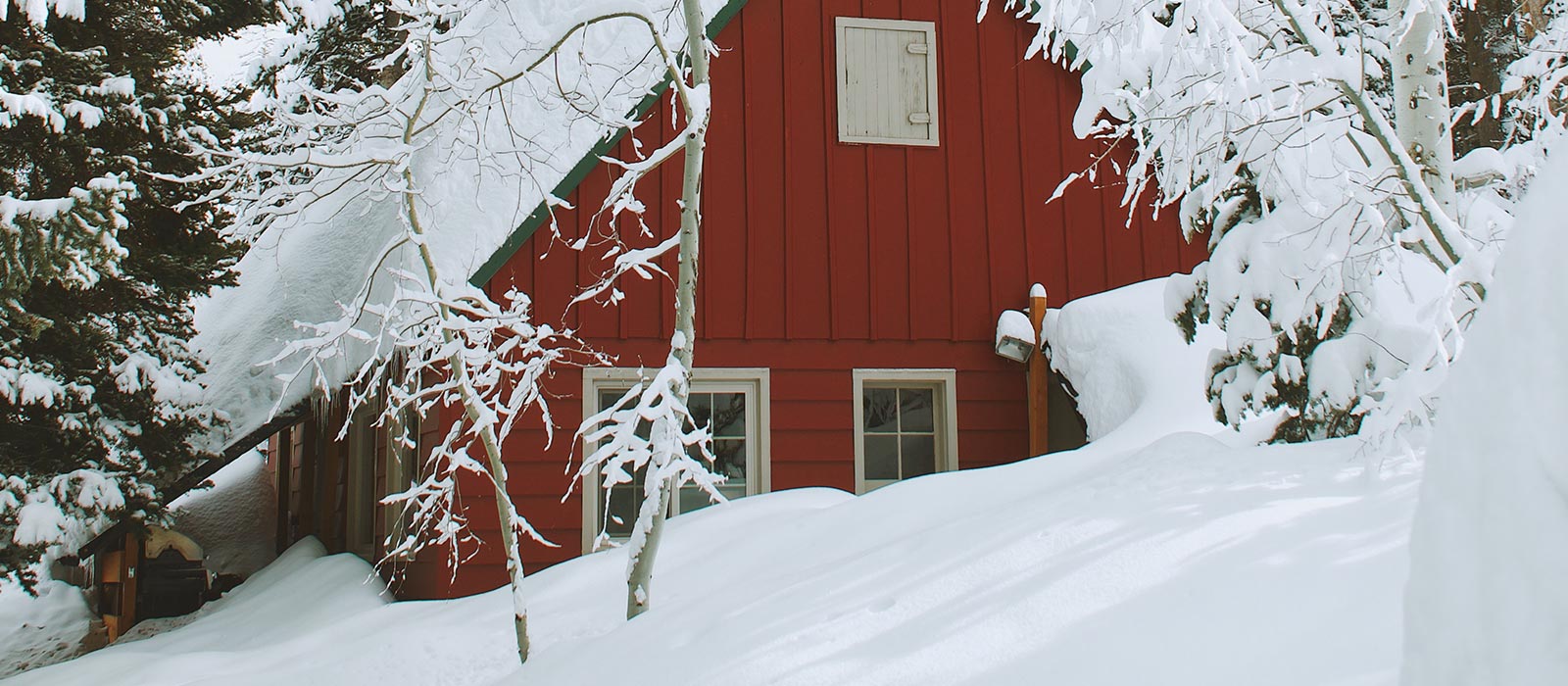How Vulnerable is Your Home to Severe Snow Storms?

Every winter, children live for snow days. They eagerly hope for that extra day to sleep in and stay home wrapped up in some computer game, book, or other fun activity that doesn’t involve learning or school work. For adults however, severe winter weather holds a different meaning entirely. Storms can cause expensive damages to one’s home and property. According to the Insurance Information Institute, “winter storms caused an estimated $2.3 billion in insured losses in 2014.” A terrifying thought for any homeowner.
So what can you do to protect your property from snow storms? The CBC offers a home-assessment questionnaire that allows you to see how vulnerable your home is to severe weather damage and what actions you can take to change that. Consider a few of their questions below:
- Has an inspector investigated your home for potential snow and ice problems?
- Do you know how to properly remove snow and ice buildup on your roof?
- Can you list five things you can do to prevent frozen pipes?
If you answered “yes” to all three, congratulations! You are well on your way to safeguarding your home. Find a more exhaustive list of precautions on the CBC’s site to see what else you can do. If you answered “no” to any of the questions, start by taking the necessary measures to prevent winter damage. The questionnaire also includes videos that explain what actions to take and how it benefits your property.
Once you’ve secured your home, take a look at some other tips:
- Insulate your home: Install storm windows and doors, or cover them with plastic from the inside to keep the cold air out.
- Maintain heating equipment: Inspect and clean chimneys, furnaces, stoves and any other heating equipment every year.
- Running water: Keeping even a trickle flowing helps avoid frozen pipes.
- Be prepared: A disaster survival kit is always a must. Here are a few items to get you started: water, non-perishable foods, flashlights, batteries, warm clothing, blankets, and a first aid kit. Find a more complete list, as well as other great winter tips, on the Red Cross
- Family Plan: Create an action plan ahead of time. Your family may not be together when a snow storm strikes. Everyone must know what to do and where to go in case of an emergency.
In many places, snow and ice come with the winter package. Preparedness goes a long way toward protecting your home and avoiding costly and disruptive damages.
